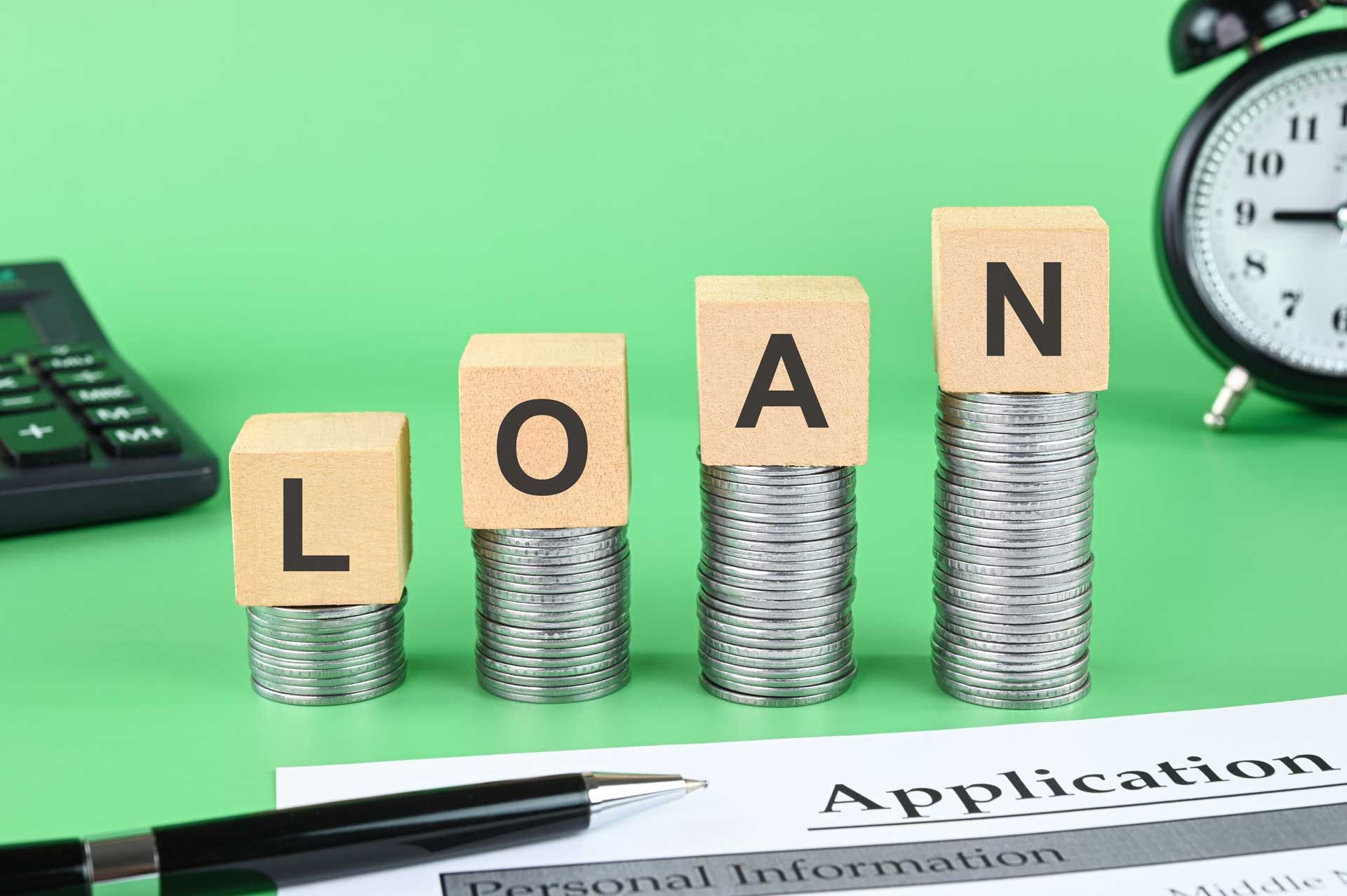Maximizing Your Tax Return: Smart Financial Moves
If you’ve found a welcome surprise in your bank account, it likely means one glorious thing — your annual tax return has arrived. But put that spending spree on hold, we’re about to venture into the strategic landscape of personal finance.
Receiving your tax return is a noteworthy money moment, and it's crucial to consider what will bring optimal value to your financial profile. Without a plan, it’s all too easy for that return to vanish into the ether of everyday spending. Instead, make this windfall work for you. Here’s how.
Tackle Debt Head-On
Debt can feel like a weight on your shoulders, forever pulling your future income into the past. It's in moments like these — when an unanticipated sum lands in your lap — that you can make a meaningful dent in your debt. High-interest debts, such as credit card balances, should be your priority. Each dollar you put toward a principal on a high-interest debt is a dollar saved from their compounding effects.
When you prioritize debt reduction, you're freeing up future income and, subsequently, reducing stress. Start with the debts that incur the highest interest rates, then work your way down. However, if you have other debts — such as student loans with lower interest that might offer tax benefits — consider paying a bit extra on your monthly installments. By doing so, you'll bring the balance down faster without draining your return completely.
Build Your Emergency Fund
Adulthood is fraught with the unexpected, like car repairs, medical bills, or suddenly needing to replace a home appliance. That's where an emergency fund comes in handy. Think of it as a financial parachute — it can swiftly deploy when the unexpected happens, preventing a hard landing on your day-to-day finances.
This fund should ideally cover three to six months' worth of living expenses, but starting small is often the most realistic and beneficial approach. Even the smallest tax return can be the seed money for your fund, slowly but surely removing the anxiety from life's uncertainties.
Invest in Your Future
Your tax return offers a unique opportunity to invest in your long-term financial well-being. If you have an IRA or 401(k), consider contributing your return to these accounts. Contributing to a retirement account can provide some short-term tax advantages, and the long-term benefits are even more compelling. It's all about building a robust financial foundation, and every contribution counts.
For those without a retirement account, setting one up is a simple yet impactful action that your return can fund. Research which investment option is best for you. If you're unsure where to start, look into opening an IRA or Roth IRA or increasing your 401(k) contributions — you’ll thank yourself in the future.
Education Is an Investment
Perhaps you've longed to return to school, or maybe you're eyeing a class or certification that could advance your career. Your tax return can be the ticket to the classroom. Continuing education can lead to a higher income over time, making it a form of wealth enhancement in its own right.
Not all education costs are created equal, so it’s vital to research and identify the financial and career return on investment for any educational expenditure. If it can significantly increase your future earning potential or job security, it’s likely worth the investment.
Making Your Space Work for You
If homeownership is on the horizon, or if a needed home improvement project has been on the back burner, your return is a launchpad. Investing in your residence not only improves your quality of life but also can increase your overall net worth.
Begin with home improvements that have a high return on investment, such as midrange kitchen remodels, a new coat of paint, or new carpet or flooring. If this is your first foray into homeownership, your tax return can be a significant source for your down payment, fast-tracking a crucial milestone in your life.
By concerning yourself with practical, value-driven decisions, you’re transforming a tax return from an ephemeral windfall to a solid brick in the foundation of your financial health. Congratulations on your return — the savvy choices you make now will ripple through your financial landscape for years to come.
Contact us for more financial advice and solutions.









